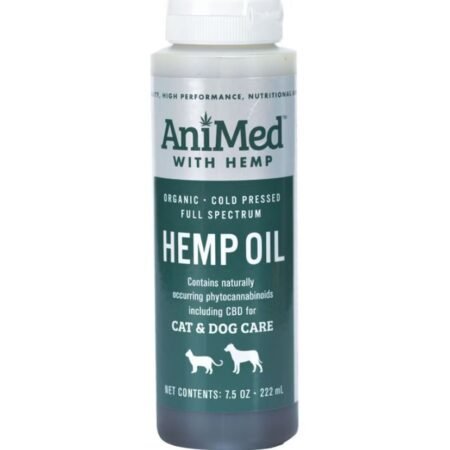Why your cat might be snubbing dinner—and what you can do about it
Let’s face it—cats are mysterious little creatures. One day they’re gobbling up their food like they haven’t eaten in years, and the next they’re staring at their bowl like it personally offended them. While a little pickiness is normal, a sudden loss of appetite could actually be your cat’s way of saying, “Hey, I’m not feeling great.”
Before you chalk it up to moodiness, let’s explore the health issues that could be messing with your kitty’s appetite—and how you can help.
Dental Problems: It’s Hard to Eat With a Sore Mouth
Imagine having a toothache and someone hands you a bowl of crunchy chips. No thanks, right? The same goes for cats. Dental disease is one of the most common health problems in cats, and it often flies under the radar. They won’t show you they’re in pain—they’ll just stop eating as much.
Gum inflammation, broken teeth, or oral infections can make chewing painful. If your cat suddenly avoids dry food or chews on one side of their mouth, it’s a big red flag. Try offering softer food while you schedule a vet visit. A proper dental checkup could be all it takes to bring their appetite back.
Nausea and Digestive Upset: The Silent Appetite Killers
Cats are pros at hiding discomfort, but an upset stomach is hard to ignore—even for them. Nausea, vomiting, or diarrhea can all lead to food refusal. It’s their body’s way of saying, “Let’s take a break from eating until I figure this out.”
Common causes of digestive upset include parasites, hairballs, sudden diet changes, or even eating something weird they found under the couch. If your cat is licking their lips a lot, drooling, or sniffing food but not eating, they might be feeling queasy. Talk to your vet before trying new foods or giving home remedies—some human-friendly solutions can make things worse.
Kidney or Liver Disease: When the Body Needs Help
Older cats are more prone to chronic conditions like kidney disease and liver problems, both of which can mess with appetite. These illnesses often come on slowly, so the signs are subtle at first—maybe your cat drinks more water, pees more often, or seems a bit more tired than usual.
Loss of appetite is a common early symptom, and the sooner it’s caught, the better. If your cat is turning away from their food and acting just a little “off,” it’s worth getting bloodwork done. Vets can recommend special diets that are easier on the kidneys or liver and help your cat feel better (and hungrier!).
Stress and Mental Health: Yes, Cats Get Anxious Too
Believe it or not, emotional stress can seriously impact your cat’s appetite. New environments, loud noises, strange pets, or even moving their food bowl can cause anxiety. When cats are stressed, they often lose interest in food—even if it’s their favorite tuna flavor.
Some cats are super sensitive to routine changes. Try feeding them in a calm, quiet space and keep mealtimes consistent. You can also try calming diffusers or toys that reduce anxiety. If the stress lingers or gets worse, a vet or pet behaviorist might be able to help get things back on track.
Infections and Illnesses: The Not-So-Obvious Culprits
Even mild infections, like a respiratory virus or fever, can throw off your cat’s appetite. If your cat can’t smell their food properly due to a stuffy nose, they might not be interested in eating at all. Cats rely heavily on smell to enjoy their food, so a blocked nose is basically the end of the world.
Keep an eye out for sneezing, coughing, or lethargy. In many cases, a little TLC and vet-prescribed meds will have your cat feeling better—and eating like their usual self—in no time.
Final Thoughts: Listen to the Meow
A cat not eating is never something to ignore. It might be a simple issue or a sign of something more serious. If your cat skips a meal or two but seems otherwise fine, keep an eye on them. But if they go more than 24–48 hours without eating—or show other symptoms—it’s time to call the vet.
Your cat can’t tell you when they feel off, so they rely on you to notice. Trust your gut, be observant, and remember: sometimes the best way to care is just by paying attention.
And when your furry friend finally returns to their bowl, tail up and appetite roaring—you’ll know you did right by them. 🐾
 ACANA HERITAGE RED MEAT / ANGUS BEEF, YORKSHIRE PORK & GRASS-FED SUFFOLK LAMB FORMULA GRAIN-FREE DRY DOG FOOD 13 LB
1 × $48.99
ACANA HERITAGE RED MEAT / ANGUS BEEF, YORKSHIRE PORK & GRASS-FED SUFFOLK LAMB FORMULA GRAIN-FREE DRY DOG FOOD 13 LB
1 × $48.99  AniMed Full Spectrum Hemp Oil
1 × $23.99
AniMed Full Spectrum Hemp Oil
1 × $23.99 
